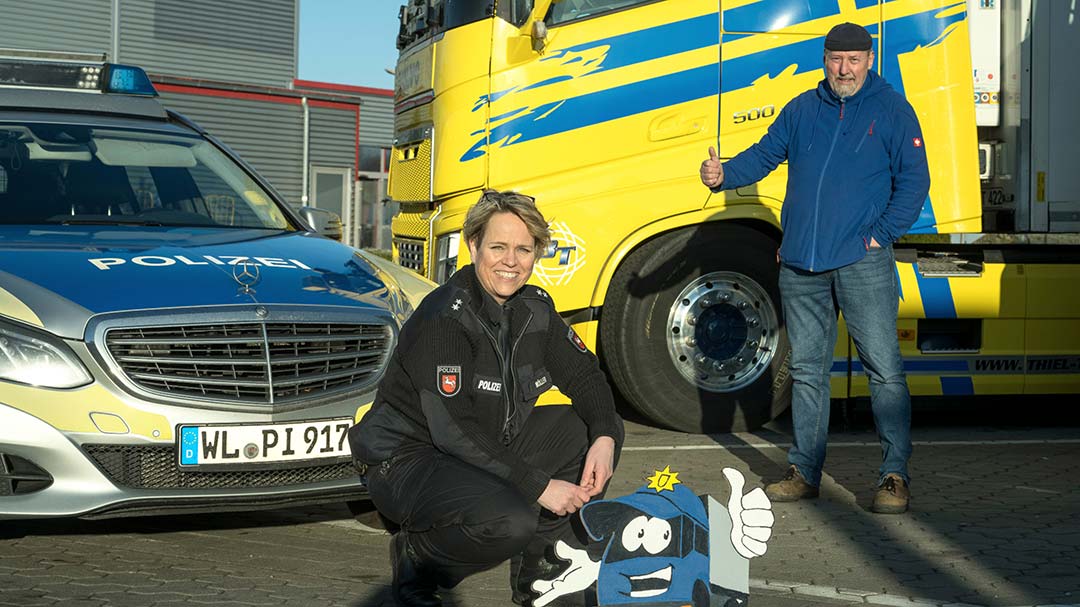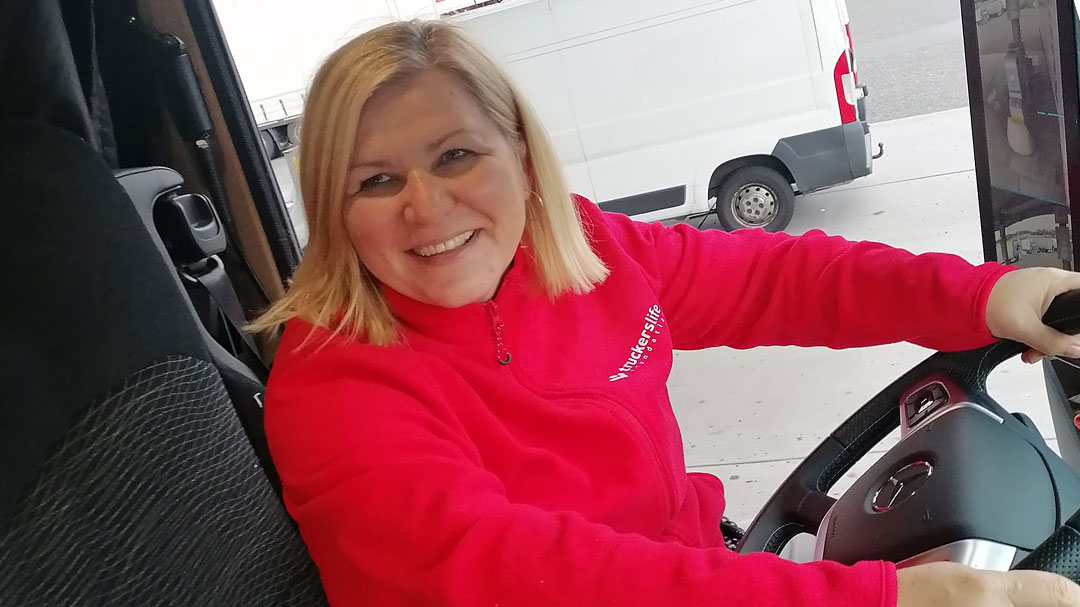Text: Juliane Gringer
Photos: Shutterstock, Dierk Kruse
According to the German Road Haulage, Logistics and Waste Management Association (BGL), there will be a shortage of 80,000 lorry drivers in Germany in 2022. Many haulage companies are at a loss as to how they can find and keep staff. A new study now aims to identify solutions.
Results of the study are to be published before end of 2022
The research period is deliberately tight: the results of the study are to be published before the end of 2022. This deadline is only possible because Kille, Schmidt and Stölzle form part of a well-coordinated consortium of companies that can perform many tasks in parallel as part of the investigation. They also bring their own professional experience to the table which complement each other. “We also decided on such a tight deadline because driver shortages are really a pressing issue and new ideas are needed so that practical changes can be made in the industry as soon as possible,” says Kille.

»Companies should work together to better utilise the vehicles they already have at their disposal so that fewer drivers will be needed.«
Professor Christian Kille, Institute of Applied Logistics Solutions (IAL) at the University of Applied Sciences Würzburg-Schweinfurt (FHWS)
More cooperation could be the answer
The researchers plan to calculate their figures using data from the German Federal Employment Agency (BA), Federal Office for Goods Transport (BAG) and the Federal Motor Transport Authority (KBA), among others. The research team also intends to survey companies which are members of numerous industry associations. And ideas as to how best to combat the driver shortages will be worked on in close cooperation with the participating companies. “Better pay and an improved image of the profession will certainly play a part,” says Kille. “But I also expect that digital tools will have an important role to play in making better use of current capacities, for example, and that new forms of cooperation between companies will also be key. Companies should work together to better utilise the vehicles they already have at their disposal so that fewer drivers will be needed.”
Appealing to new workers
»Just as the idea of the drive-through at fast-food restaurants later became the model for the pit stop in Formula 1, we want to see where we can borrow ideas from other areas to innovate in our own industry.«
Professor Christian Kille
“Out of the box” thinking needed
In their study, the research group is set to discuss such ideas as well as examine some established examples from the industry. But it also wants to push “out of the box” thinking and come up with some entirely new approaches. “Just as the idea of the drive-through at fast-food restaurants later became the model for the pit stop in Formula 1, we want to see where we can borrow ideas from other areas to innovate in our own industry. To do this, we are applying methods to find out which industries may already be using suitable solutions,” says Kille. Taking insights from different fields also helps to develop these approaches: “People are different, everyone have their own experiences, way of thinking and character. As people have their own particular way of thinking, they often just need a nudge in a different direction to get them thinking differently and developing truly novel ideas.” This is more than simple brainstorming – the researchers use special techniques to let ideas bubble up freely, while still structuring them in a targeted way and identifying promising approaches.







